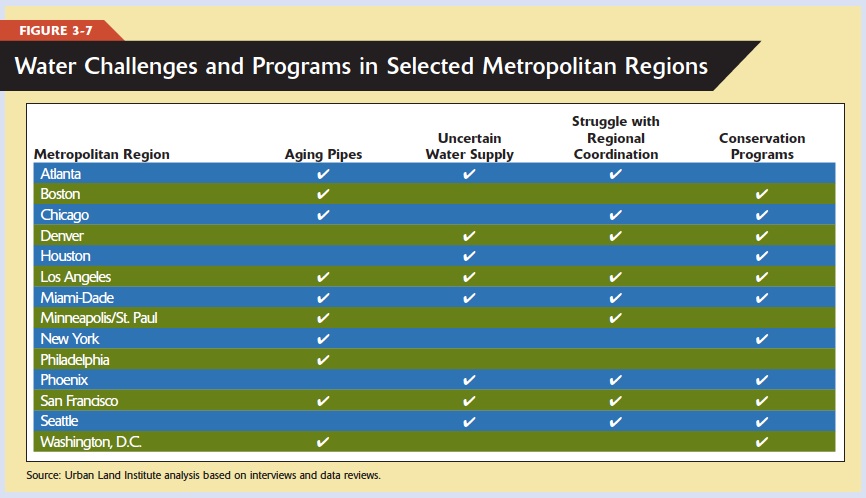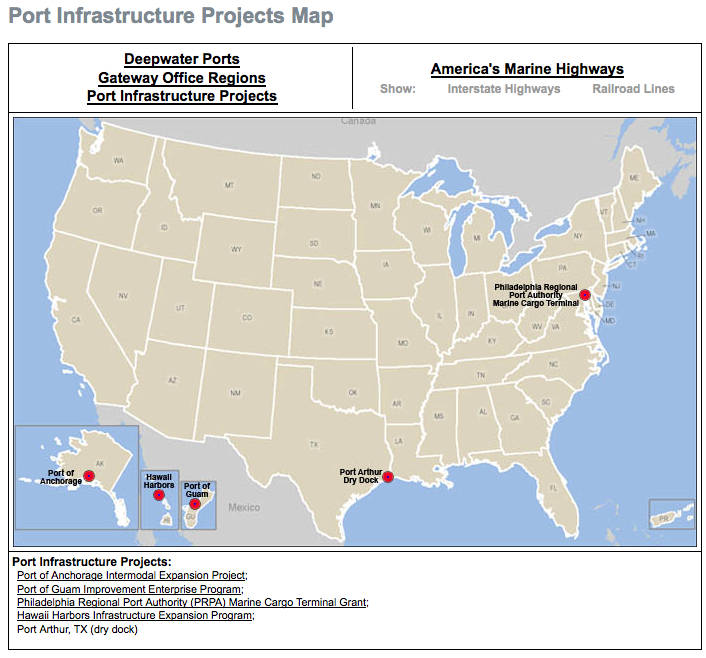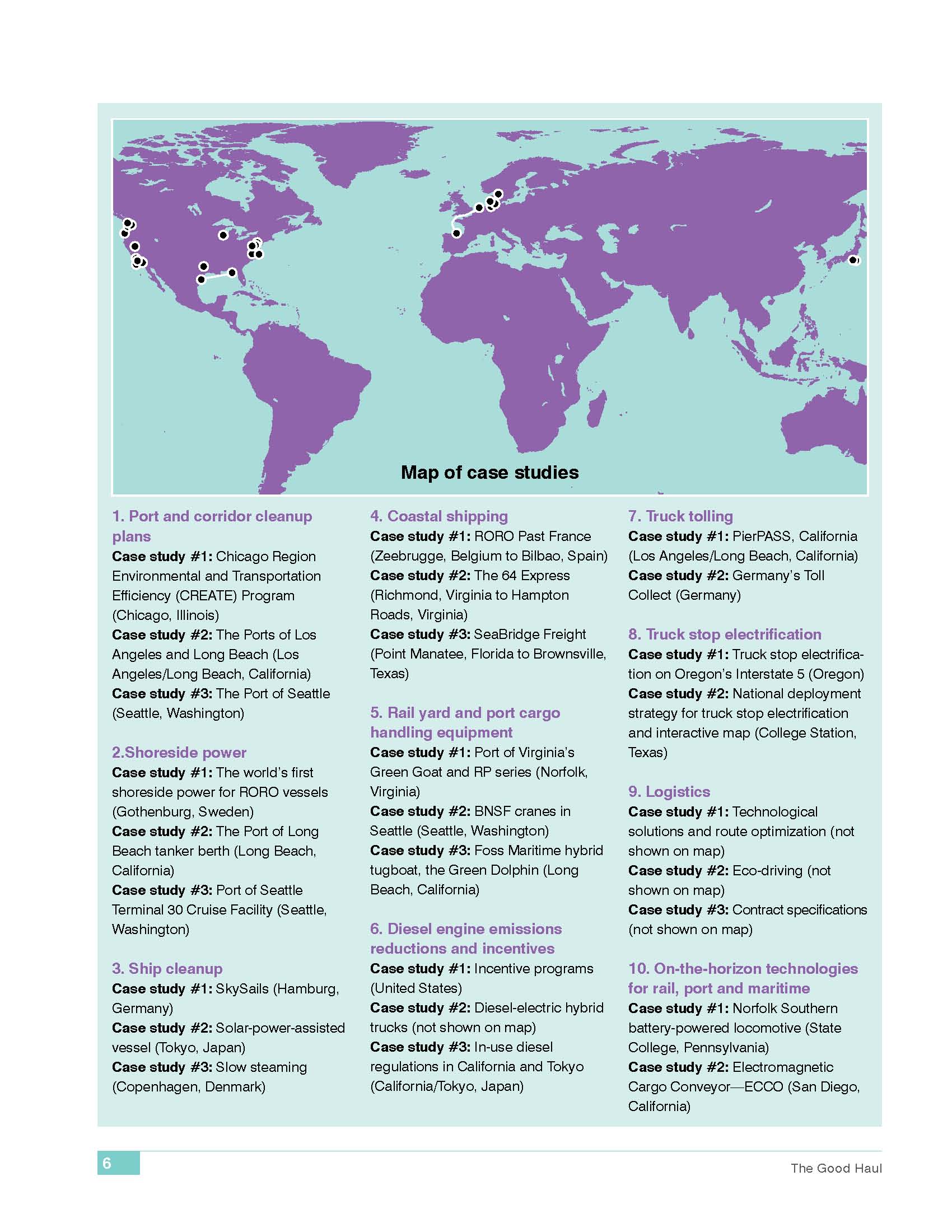URBAN LAND INSTITUTE
Falling behind global competitors, the United States struggles to gain traction in planning and building the critical infrastructure investments that are necessary to ensure future economic growth and support a rapidly expanding population.
Recent federal stimulus spending addresses some pressing repair needs for transport- and water-related systems and provides seed funding for high-speed rail in important travel corridors, as well as new energy infrastructure. But recession-busted government budgets, entitlement and defense expenditures, and ballooning health care costs push infrastructure down most political priority lists—leaders continue to procrastinate when it comes to new investments as stressed taxpayers balk at more spending.
View this complete post...
Tags: Ernst & Young, ULI, Urban land Institute
Posted in
Aging Infrastructure, Clean Air, Climate Change, Competitiveness, Congestion, Dams, Drinking Water, Energy, Environment, Funding, Global, Green, High Speed Rail, Highway, Infra Views, Inland Waterways, Jobs, Land Use, National, Policy, Public Opinion, Public Transportation, Rail, Recession, Recovery, Roads, Seaports, Smart Grid, Smart Growth, Sustainability, Technology, Transit, Urban Planning, Wastewater, Water Treatment
Comments Off on INFRASTRUCTURE 2010: INVESTMENT IMPERATIVE
















 RSS Feed
RSS Feed